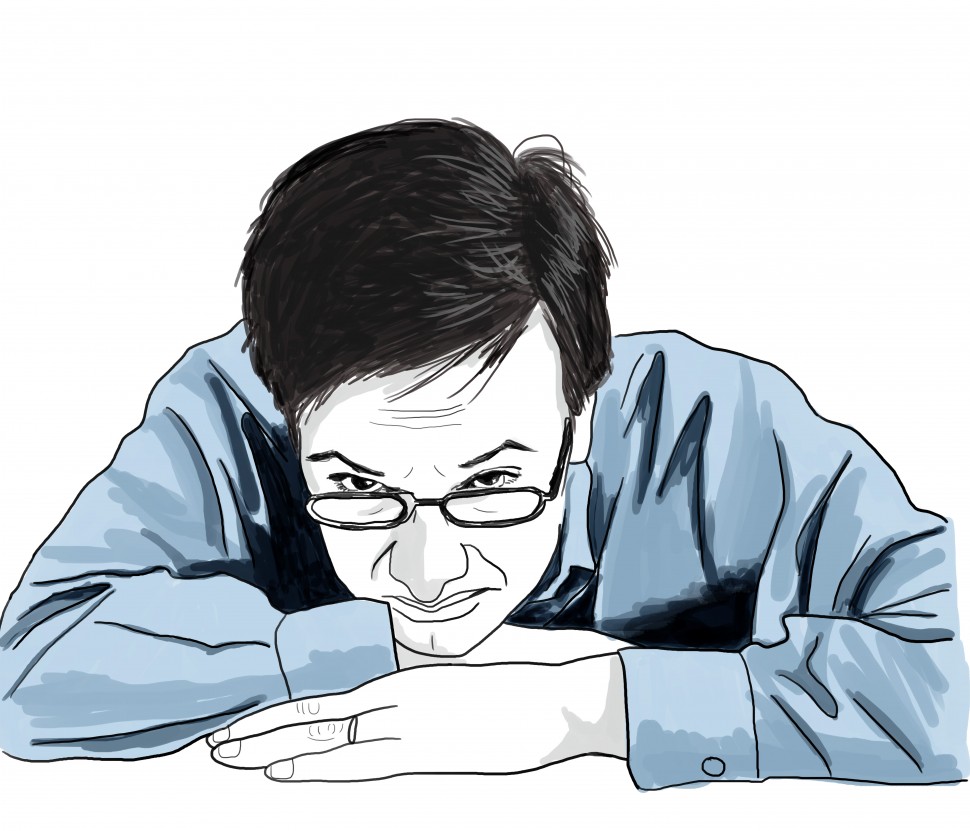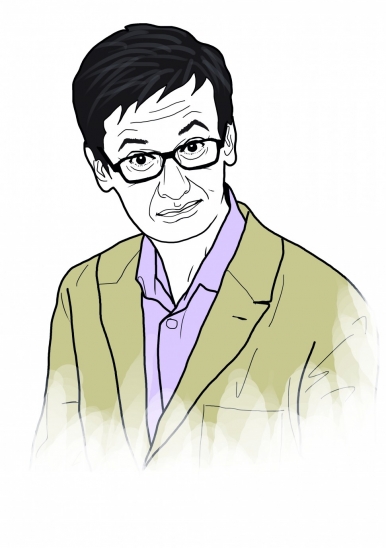The differences between both eastern and western cultures can best be viewed on film says our resident columnist

What makes the East different from the West? Are there any differences? I was born in Malaysia and grew up in Britain before returning to Malaysia and I’ve spent years trying to work out in what ways Asians are different from Europeans and even if there are any differences at all. After watching many movies I’ve only been able to discover a few key differences.
Firstly, Indian movies are very, very long. Even on a 12-hour flight and if I don’t take any breaks to eat, sleep or go to the toilet I will only be able to watch half a Bollywood movie before it’s time to get off the plane. Watching Bollywood movies takes a lot of stamina but the reward is romance, action, high drama with evil defeated and big-production song-and-dance numbers along the way.
In Hollywood, these genres would have to be split into many different movies but in Bollywood, they all come for the price of one. But for Western audiences, the greatest difficulty when watching Bollywood movies is the requirement for an extreme suspension of disbelief. I mean, how come the star-crossed lovers were just attending a wedding in Mumbai but now they’re dancing in Switzerland? And now they’re back in Mumbai again acting like nothing incredibly weird just happened.
Don’t you two remember that time you were dancing in the Swiss Alps? I mean, there were hundreds of witnesses and they were all dancing behind you in formation. You don’t just forget a thing like that. What’s going on? Did something just happen to the time-space continuum? It’s not real.

But once upon a time Western audiences used to love Hollywood musicals when Fred Astaire and Ginger Rogers would suddenly start singing and dancing and hundreds of dancers might join in. It was all glamorous and romantic but at some point in the 1960s, Western audiences lost the ability to suspend their disbelief.
Hollywood musicals like Hello, Dolly! failed at the box office because younger audiences found it all old-fashioned and not grounded in realism. Why are they suddenly singing and dancing? It makes no sense. Musicals still exist but they’ve retreated to the theatre where the rules of nature are different.
Hong Kong action star Jackie Chan and director John Woo have spoken about their love for the old Hollywood musicals. They found inspiration in the sweeping choreography and Jackie Chan in particular loves the dancing of Fred Astaire: “When [Astaire is] dancing, it's not only dancing. He can move the light post and slide to the piano and dance with a chair. I try to use everything around me.”
The realism of Jackie Chan’s amazing stunt work has found audiences around the world but there is an aspect of Hong Kong/Chinese movies that Western audiences just don’t get. In sword fight dramas set in ancient times, the characters are suddenly able to fly through the air. What’s going on there? The makers of Crouching Tiger, Hidden Dragon knew their Western audience wouldn’t get the flying through the air thing so they decided to make it poetic, beautiful and, well, part of that whole mystical Orient thing instead.
For Westerners, it makes no sense for people to suddenly start being able to fly through the air. Unless of course they’ve been bitten by a radioactive spider and then a man can conceivably start shooting out spiderwebs and swinging from building to building. You know, like spiders do.
Indian and Chinese movies are as different from each other as they are from Hollywood, but all these movies are continuations of old myths and storytelling. Characters did extraordinary things in the Bhagavad Gita or the Legend of the White Snake but there is realism because their abilities are always bounded by internal rules.
Now, in a Tamil movie, it might be possible for a man to make a car fly into the air, flip 15 times and crash onto all the baddies just by kicking it but it would make no sense at all if he started shooting out spiderwebs.
The realism of Hollywood movies is bound by the rules of a continuing story of progress, industry and science. Iron Man can only fly around because he’s an industrialist in a machine and something scientific had to happen to Peter Parker to explain how he became Spider-Man, and the curse of each new version of Spider-Man is that the producers feel compelled to go back to the original story and tell it all over again. We get it.
He gets bitten by a radioactive spider and I swear if I see Uncle Ben die one more time … Let’s just jump to the bit in the story where he meets Mary Jane Watson, and suddenly they’re in Switzerland and they’re dancing, and now they’re back in Mumbai? How did that happen? And can you please hurry up, my plane is going to land in 12 hours.





